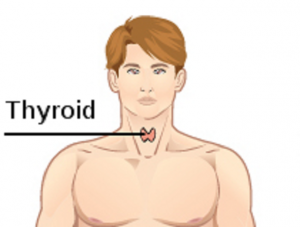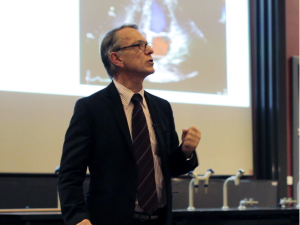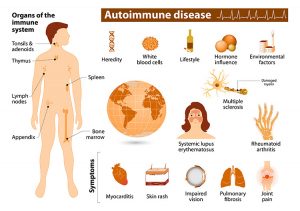Aging. Getting up in years. Striving to live as long as possible and to be as strong and healthy as possible. At some point, good health becomes a more important concern than wealth. Optimal selenium status is important to good health [Alehagen 2021].

In a review article, Professor Urban Alehagen and Professor Jan Aaseth list the following conditions associated with biological aging [Alehagen 2021]:
- chronic mild to moderate systemic inflammation
- detrimental DNA alterations
- mitochondrial dysfunction
- oxidative stress caused by harmful free radicals
- telomere shortening
Getting old is inevitable. Biological aging necessarily involves a weakening of the immune system and increased susceptibility to diseases and environmental stresses.
Selenium deficiency associated with aging and aging-related diseases
Selenium deficiency is associated with mitochondrial dysfunction, oxidative stress, and inflammation [Alehagen 2021].
Mitochondrial injuries are an important factor in the aging of human cells. A by-product of the mitochondrial generation of ATP energy in the cells is the production of reactive oxygen species, some of which are useful and some of which are harmful. The leakage of these harmful free radicals from the mitochondrial respiratory chain increases with age, which results in cellular oxidative damage, whenever there are not enough antioxidants to neutralize the effects of the free radicals.





